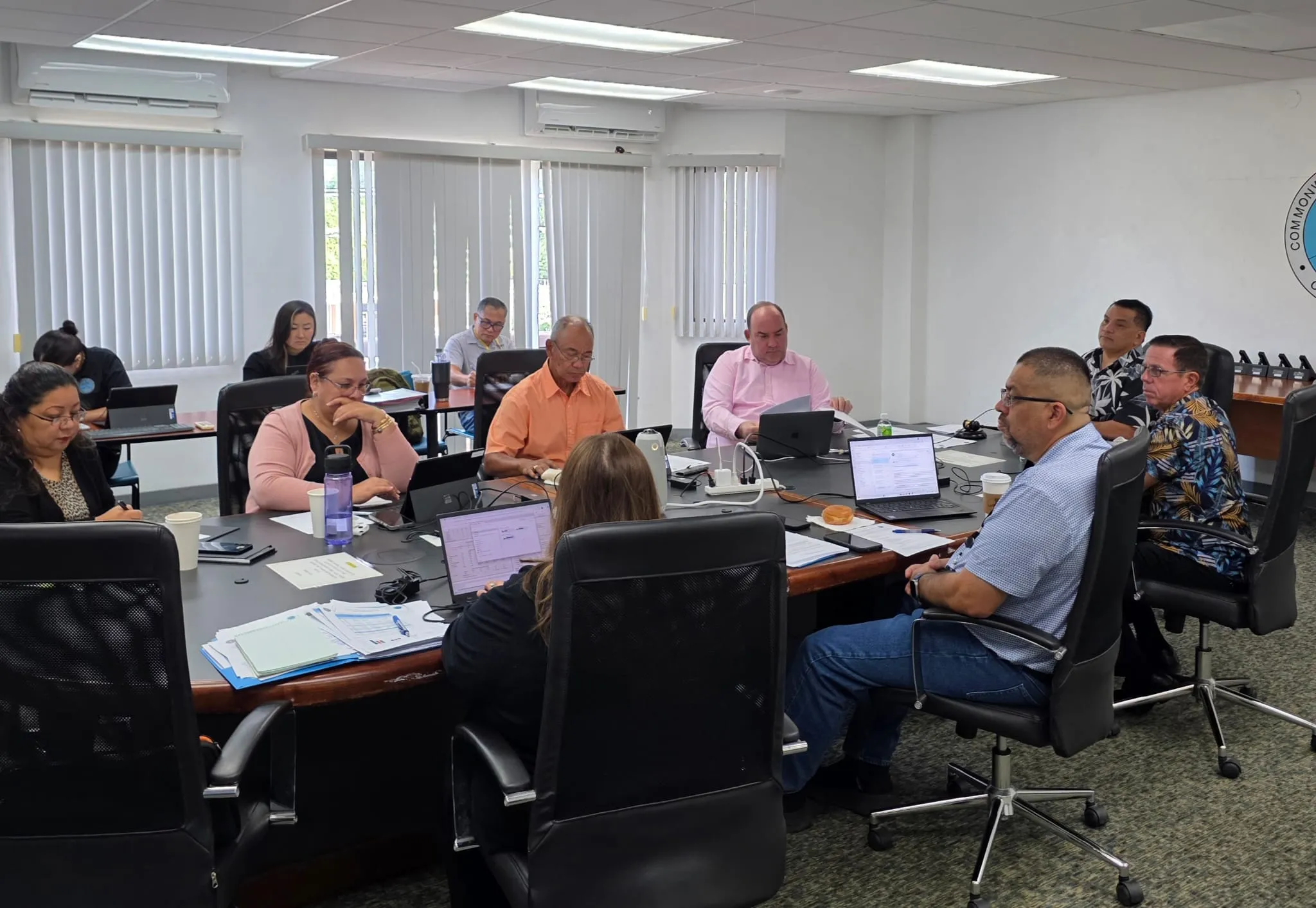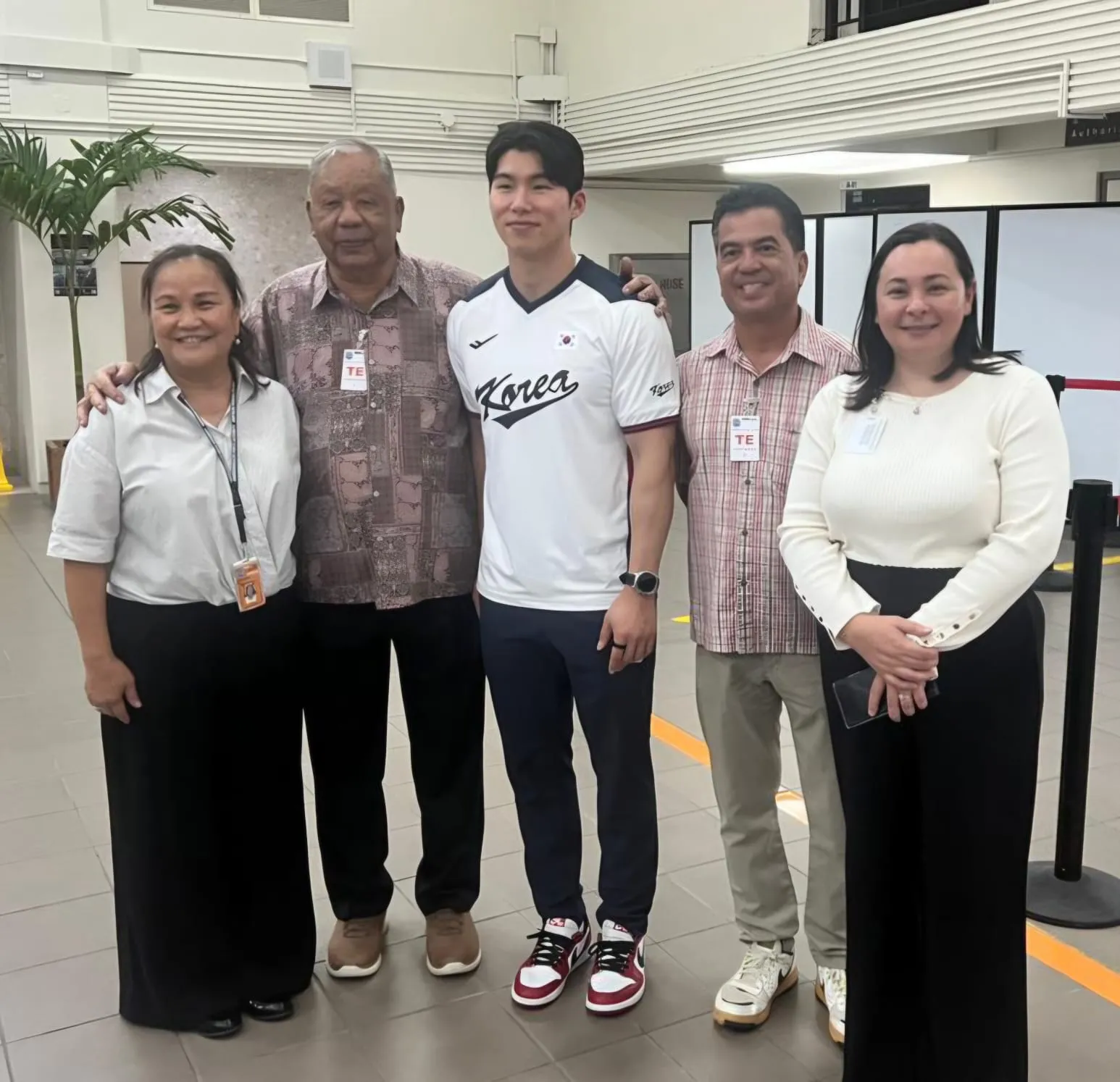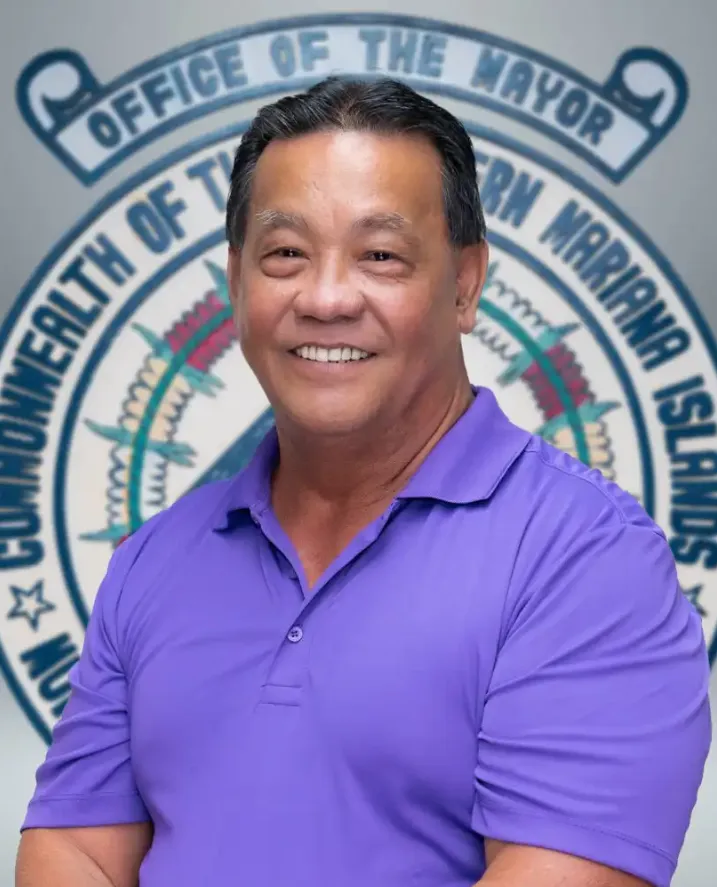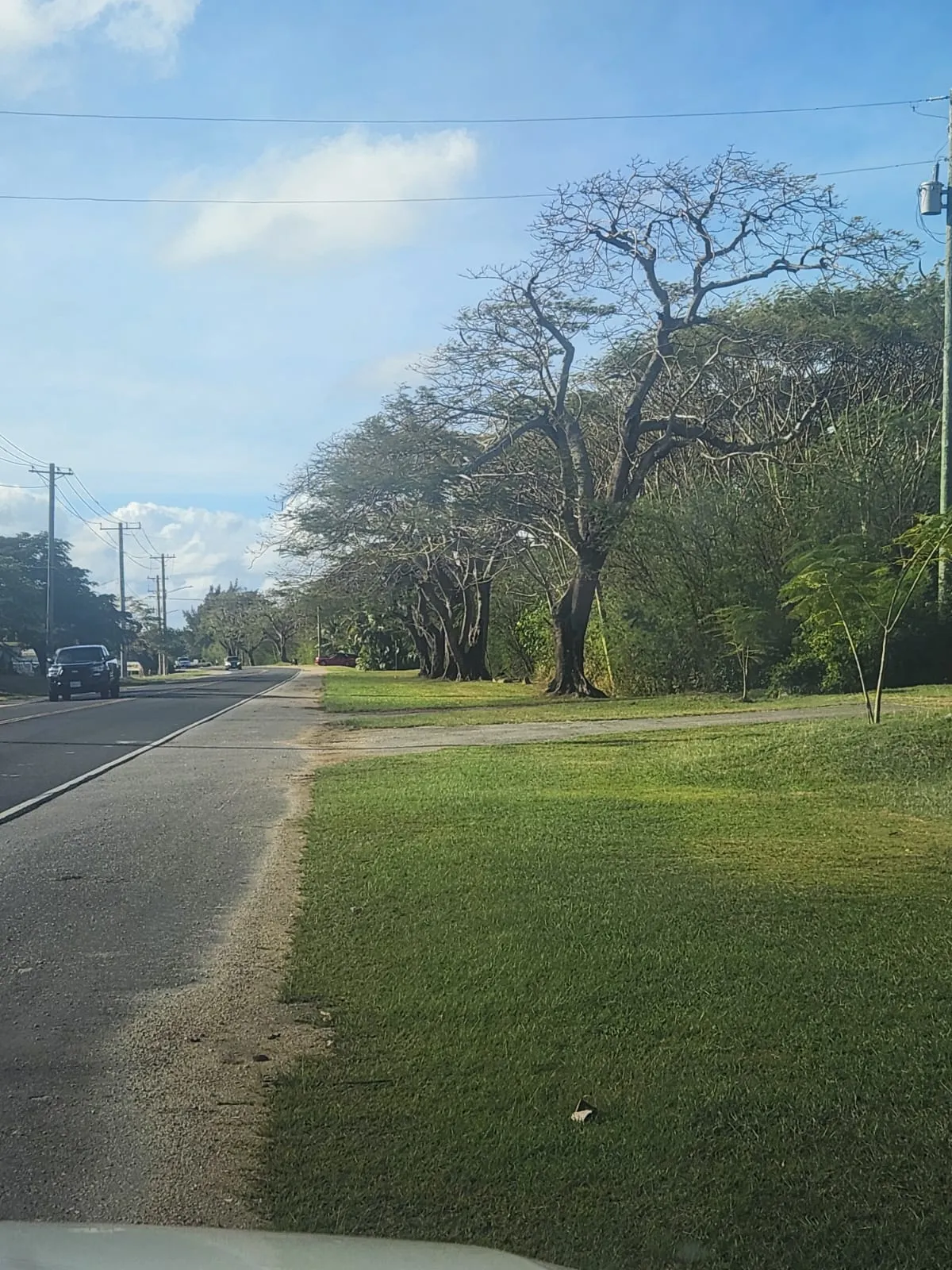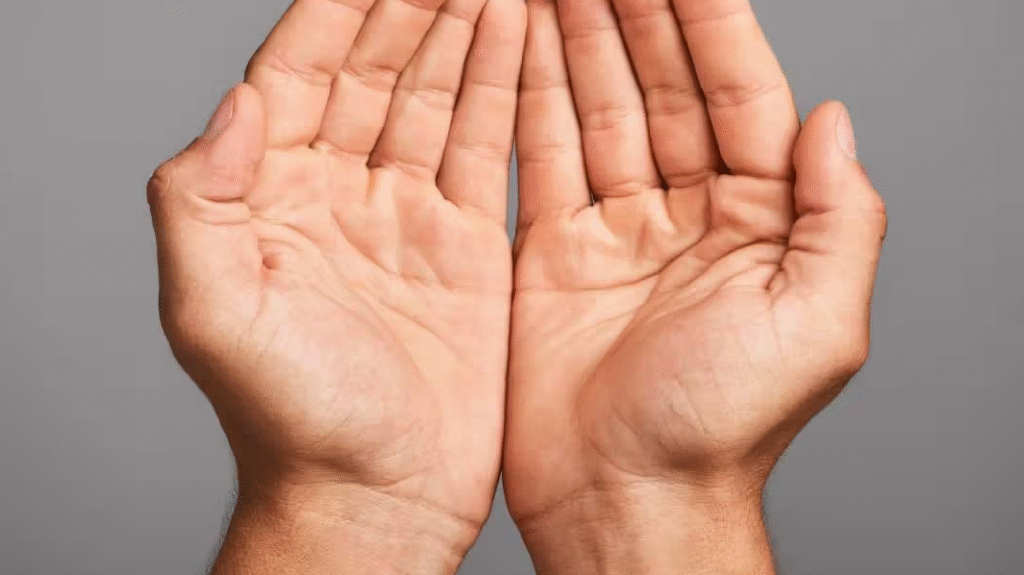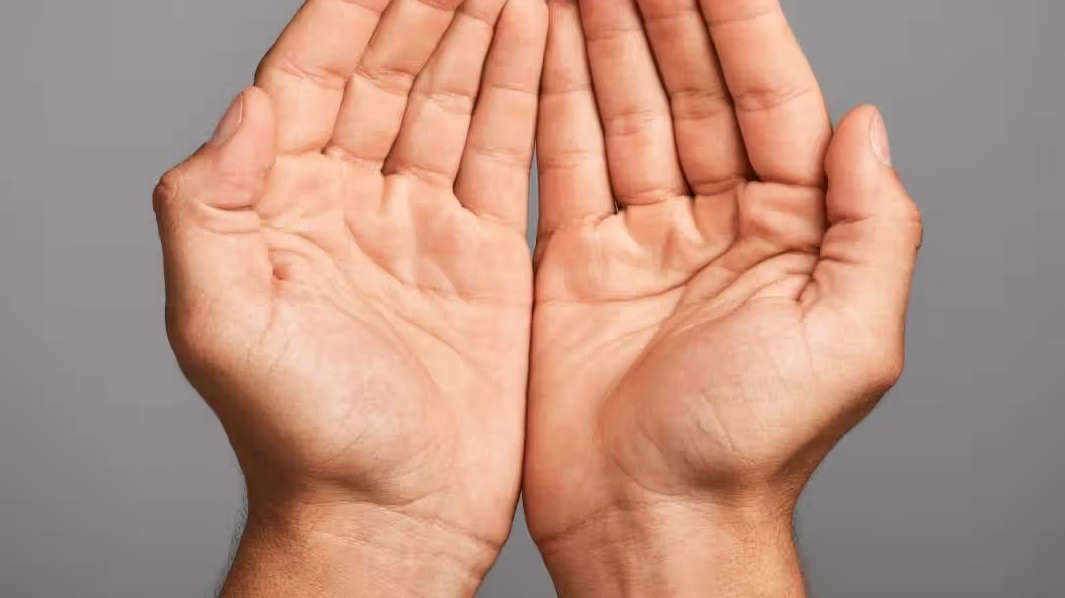
The following is the text of the essay that won first prize in this year’s My Marianas Writing Contest, sponsored by the Northern Marianas Humanities Council. The contest’s theme was “Threads of Tradition.”
WHEN people talk about tradition, they usually think about holidays, food, or ceremonies. But for me, tradition looks like a bottle of coconut oil and my dad gently pressing his thumb against a child’s swollen eye. It looks like the way he’d sit calmly, speak softer, and distract them with stories while performing healing practices passed down to him from his mother — and my paternal grandmother — Ana Pangelinan Cruz. What my dad did wasn’t the least bit flashy. He didn’t advertise it or ask for attention. The people who came to him — especially kids — knew they could trust him. He was more than just their Saina in their moments of need. That quiet kind of trust is something I continue to carry with me to this day.
I have watched and experienced my dad performing these massages many times. He had a way of making things feel normal, even if they weren’t. People of all ages and varieties would come with all kinds of illnesses–including otdun (sty & pimple in the nose, eye, or ear), grånu matditu (boils), appling (sprains), che’tan (injury/pain in the back or joints), and general body aches. They would see my father either in the early morning or early evening consecutively for days, sometimes even weeks depending on severity and effectiveness. My father never charged them. He didn’t ask for gifts of money. All he wanted in return was for them to understand that this was a gift meant to be shared. Not hoarded. Not sold. Jose (Gurak) Pangelinan Cruz taught that this gift was something passed on to people who needed it. That’s what he believed healing was about — something you gave freely because it was never really yours to keep.
He often used coconut oil to massage his visitors. I remember how he would talk to people throughout the “session.” Nothing too deep, just casual conversation to distract from the pressure he was applying. Sometimes, he’d make them laugh. Sometimes, he’d share a story of his own, or prompted one from them. Most of the time, he would pray for his patients. He believed his ability and unique thumb temperature came from the most high. But even when it hurt, they continued to give him their trust. They came back. Eventually, their ails would leave them, not just because of the physical technique, but because they felt cared for. Seen. Safe. It’s a physiological thing about the connection between your body and mind.
My dad was a breech birth baby, meaning he was born feet first. In Chamorro culture, these births are a sign. People believe it means you were born to heal, and be an excellent masseur. It may sound like superstition to some, but in our family, it was something sacred. My grandma saw it right away. She started using his hands to teach him to massage when he was just a baby as young as 6 months old — simple movements at first, and more advanced ones as he grew older. He used to tell me how his hands learned things before his brain could explain them. That always stuck with me. As he matured, he started developing his own techniques, building on his mother’s teachings. It wasn’t just tradition — it was evolution. His own contribution to something ancient.
He told me many times why he chose to continue this work. Part of it came from his deep faith in God. He believed that we all held the responsibility to protect people–even if they weren’t technically ours to be responsible for. He believed sickness was something no one should ever have to suffer through alone. But the part that hits me the most was when he shared something beyond personal; my father was supposed to be born with a twin, but his brother was stillborn. My dad said he sometimes felt responsible for surviving despite his twin brother appearing to be a healthier baby than he did. That he owed it to his dinga’ (twin) to live a life of meaning. Healing others is way his way of paying that survival forward.
I’ve received messages like that from the legend himself too, although I don’t remember every single one. What I do remember is how much I looked forward to those moments. I used to get terrible leg cramps — Charlie Horses — that left me in almost unbearable pain. He would have me lie down, and start pressing into the muscles of my leg, gently at first, then with more precision. Somehow, even when I didn’t know exactly where the pain was coming from, he did. He’d pinpoint the exact spot and press in these little triangular patterns that I still use today whenever I get the chance. And like with the other kids, he’d make me laugh. Joke around. Pray for me. Turn something painful into something bearable and healing — both physically and emotionally.
There’s something about touch —real, intentional touch — that stays with you. And even though I’m not a massage expert like he was, people have told me I have a similar touch. Strong, but kind. Grounded. My dad gave me that — not just the technique, but the energy behind it. And that energy is part of a much bigger picture.
Another part of that picture is the ocean. If massage was how my father healed people on land, the ocean was how he healed himself —and sometimes, us. He loved the ocean more than anything I can name. He believed it was sacred, alive, and filled with more life than we’d ever understand. After all, it is the ocean that sustained us and many before us long before we could understand it. We used to go out to the beach often, not even to swim sometimes, just to sit and admire it. He’d tell me stories about his prime fishing days, the ones where he’d catch something big enough to feed an army. You could tell from the way he spoke that the ocean was where he felt most at peace.
There was one time when I caught a bad case of pneumonia. Instead of giving me modern medicine and taking me directly to a hospital, my dad convinced my mom to take me to the northern beaches of Tinian in the early mornings. He told me to breathe in the ocean air. We sat there for hours, and I remember how truly calm I felt. I don’t think I will ever feel a peace like that anywhere else. I didn’t take any pills. I didn’t go through any surgical operations. I just sat with him, and breathed. Somehow, I got better.
He taught me how to move through the water with grace, but also with power. To fight her (Mother Nature), but not too hard. To respect her, and work with her. That mindset stayed with me. It’s why I love movies about surfing, sailing, and anything that involves people learning to live in rhythm with nature. It’s more than entertainment to me — it’s reflection.
The week of my father’s passing, he went to an aquarium for the very first time in his life. Sixty-four years old, and he was in awe like a little kid, watching fish, stingrays, and so many other creatures like they were miracles. I think about that moment a lot. How even at the end, he was still finding new ways to fall in love with the world.
That is the kind of love I want to carry forward. I plan to keep these traditions — these beliefs — alive by sharing them with people who will truly and wholeheartedly listen. Learn. Teach. I may not be the healer he was, but I’ve been told I’m a chiropractor in the making. And more than that, I hope to be someone others come to for safety, comfort, and clarity. I hope to be remembered the way my father was — someone who gave, even when it hurt. Someone who knew how to make people feel better, not just with hands, but with heart,
Tradition isn’t always loud. It’s not always something you wear or perform. Sometimes, it’s quiet. A thumb applying pressure on an injury. A father helping his daughter learn to breathe through sickness. A man standing in awe in an aquarium. For me, tradition is healing, giving, and loving without expecting anything back. That’s what my father taught me. And it’s a thread I’ll never stop holding onto.
The author is a student of Tinian Jr./Sr. High School.


